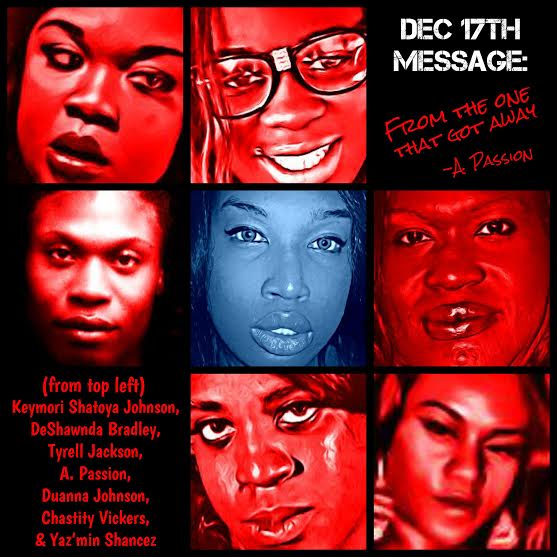From an Industry to A Hobby: How Review Boards Have Changed Our Work

When I first started working as an escort in this industry, review boards did not exist. The internet was not as widely used as it is now and I worked for agencies that advertised in the phone book or in local papers. We didn’t even have to post photos of ourselves in a public forum; some operator just described our looks and personality over the phone and clients took their chance at booking us. Business was hit or miss, but I liked the anonymity. Though I heard more and more escorts were using online advertising to promote themselves, I was late to the game. My old way of working didn’t yield me as much revenue as other workers, but it protected my privacy. And then finally the gig was up. I had to change with the times and start advertising online or I would have virtually no business. But I didn’t want a website. And I definitely didn’t want reviews.
I first became aware of escort review sites when I read an article about the Big Doggie debacle of 2002 and even then, I still didn’t quite understand what the website was. Upon visiting TBD for the first time, it looked like a confusing mess of ads and message boards, none of which I could access. Sometime later I found out about The Erotic Review, mostly from the controversy stemming from its founder Dave Elms and the various charges that were brought against him. Either way, I wanted nothing to do with either site. As someone who had already experienced arrest once before while working, I couldn’t believe any escort would want a detailed description of a session with a client posted online for anyone to read, providing law enforcement with another tool to prove their guilt in prostitution cases. Oh sure, the disclaimer stated that the reviews were for “entertainment purposes only”, but when escorts got “fake” reviews, they were sure to raise holy hell about it and complain to the site administrators to have it removed, which is a daunting process in itself.
Then I got one. A fake review, that is. Yes, my first review was a fake review. It described me as having blond hair (not at that time),fake boobs (I wish) and doing a session I don’t recall booking, but I couldn’t read the rest because I wasn’t a “VIP” member. It was just a fluke that I found it as I never looked at TER, but I was bored one night and there it was, linked to my phone number and email address.


